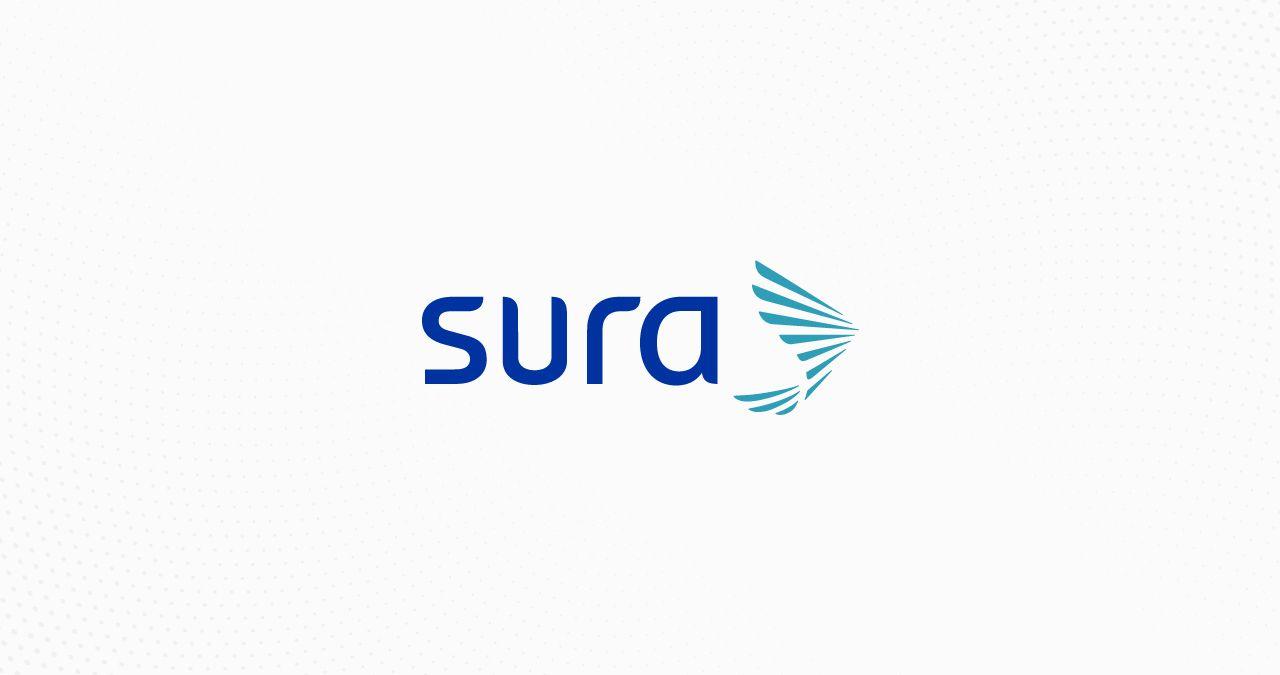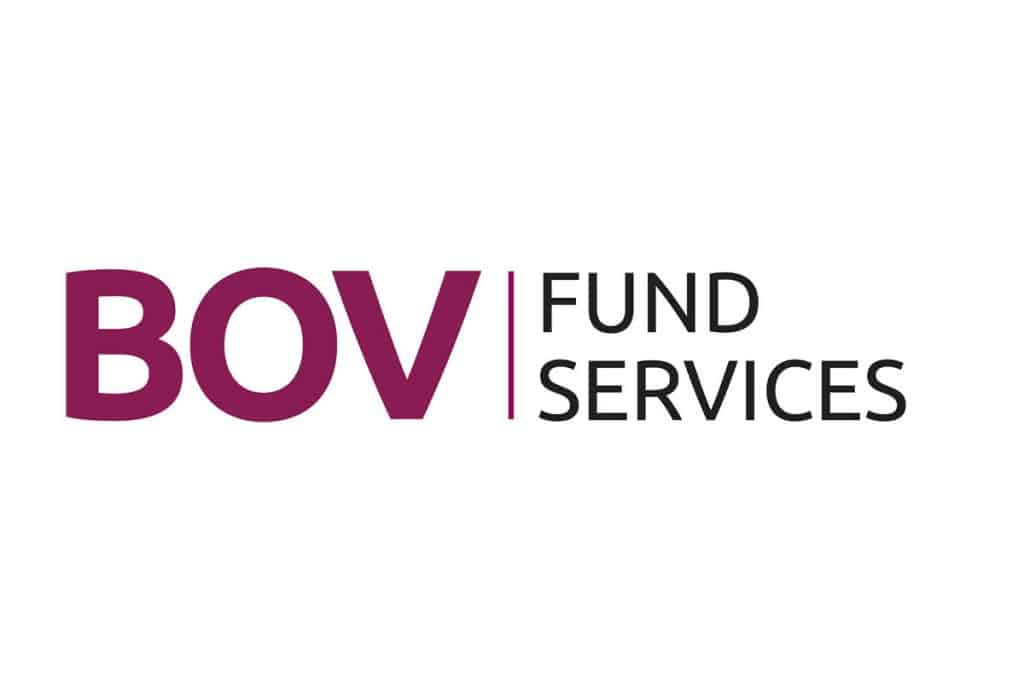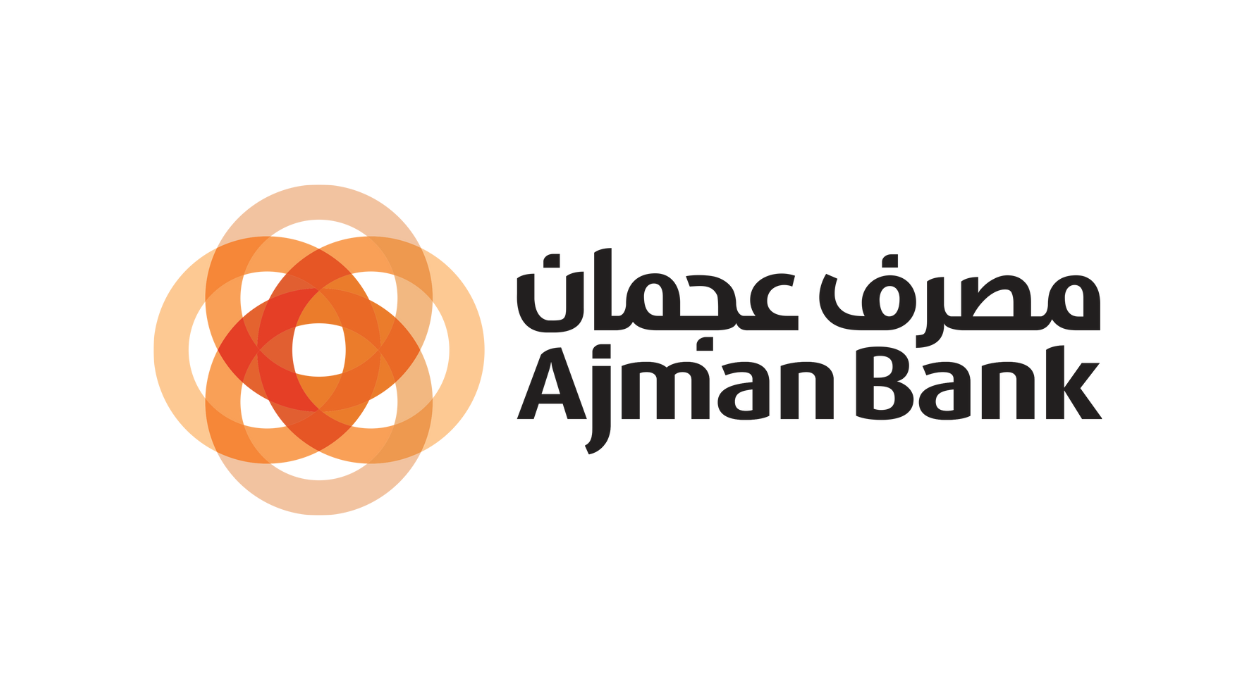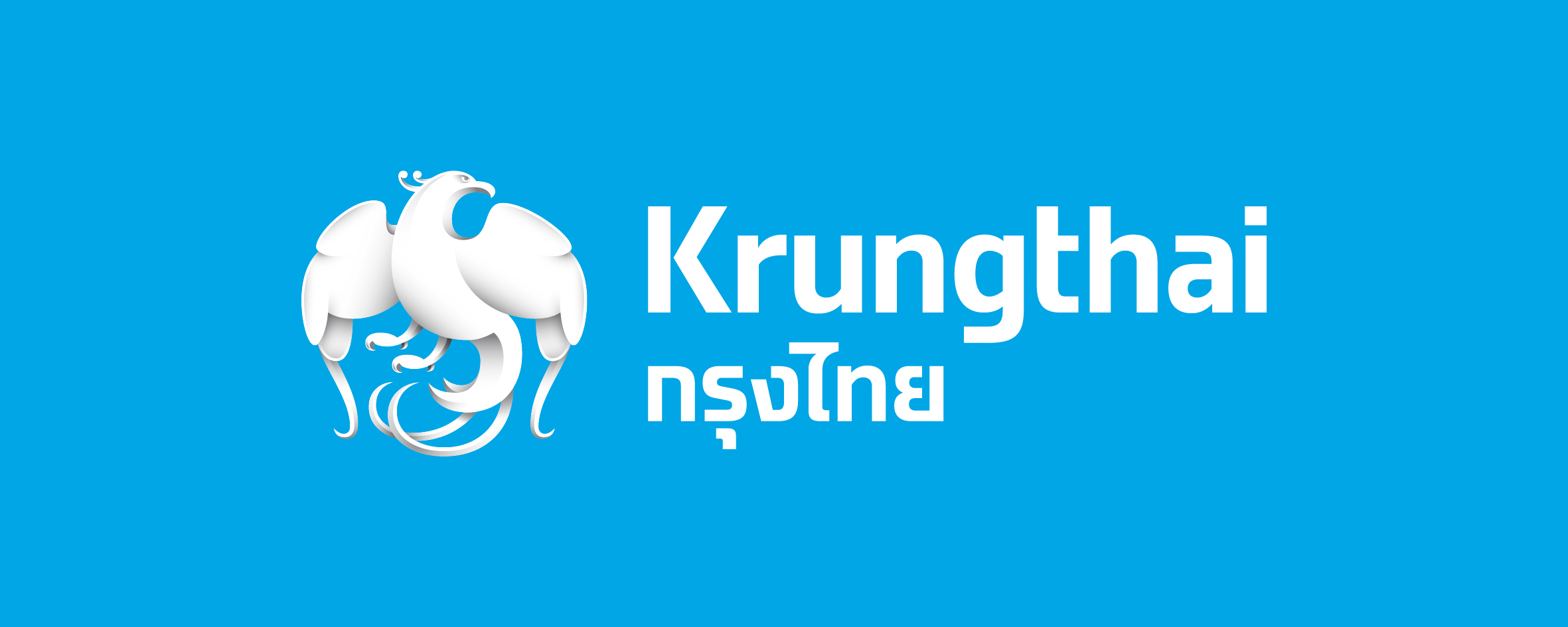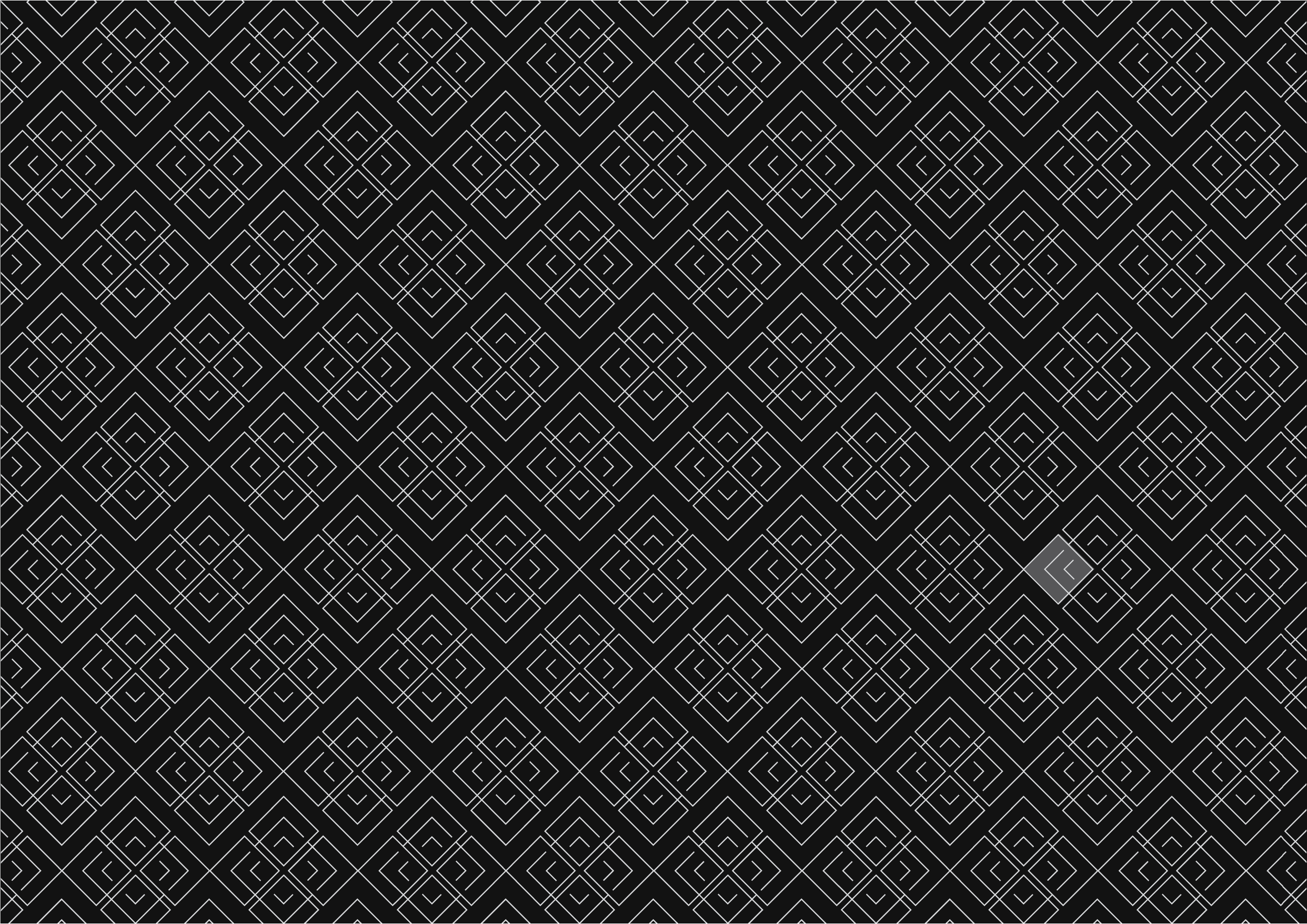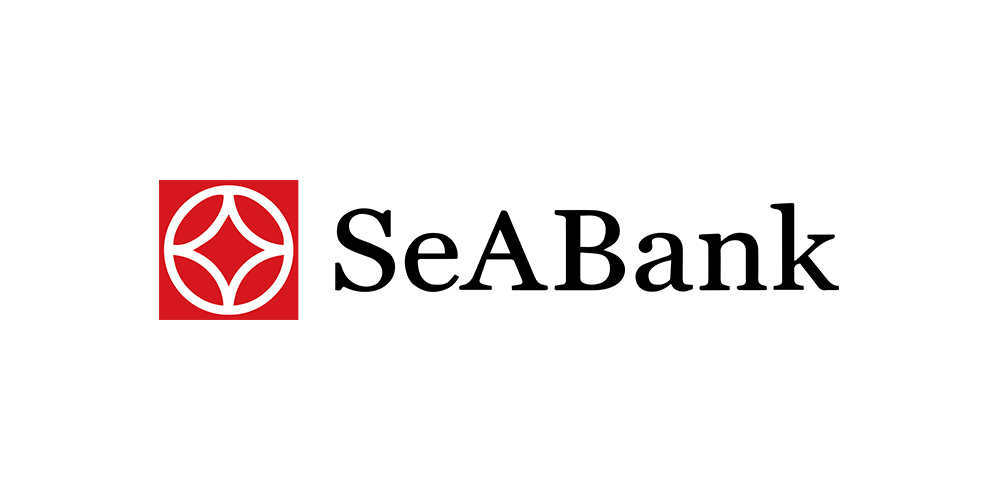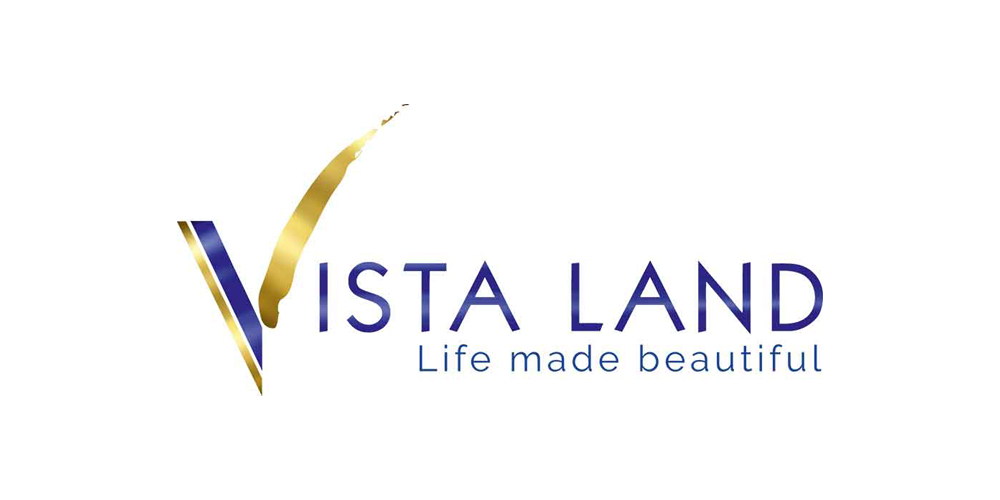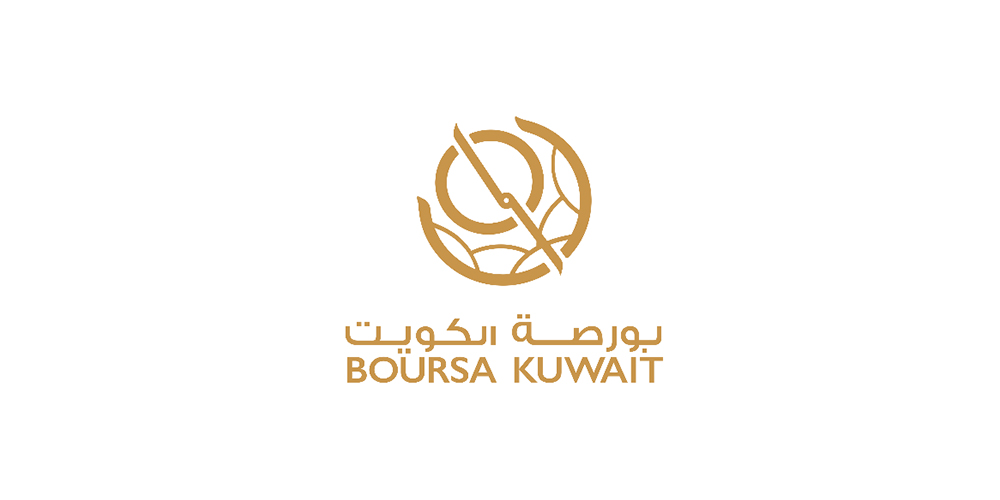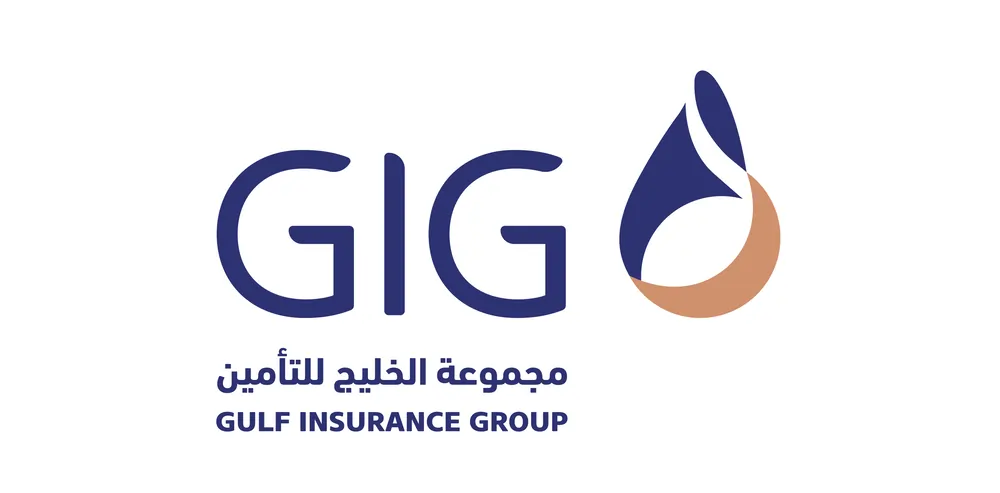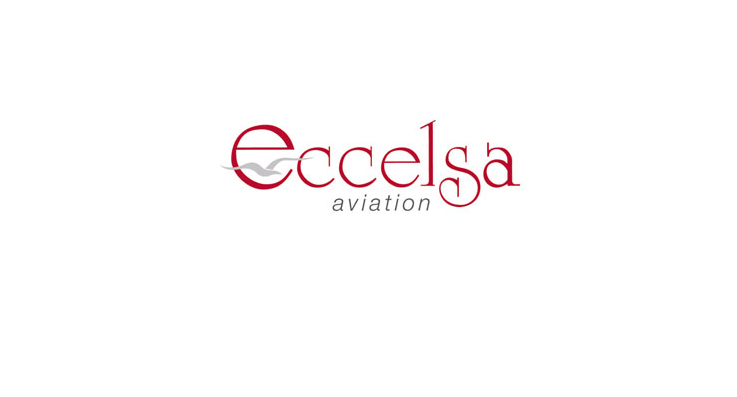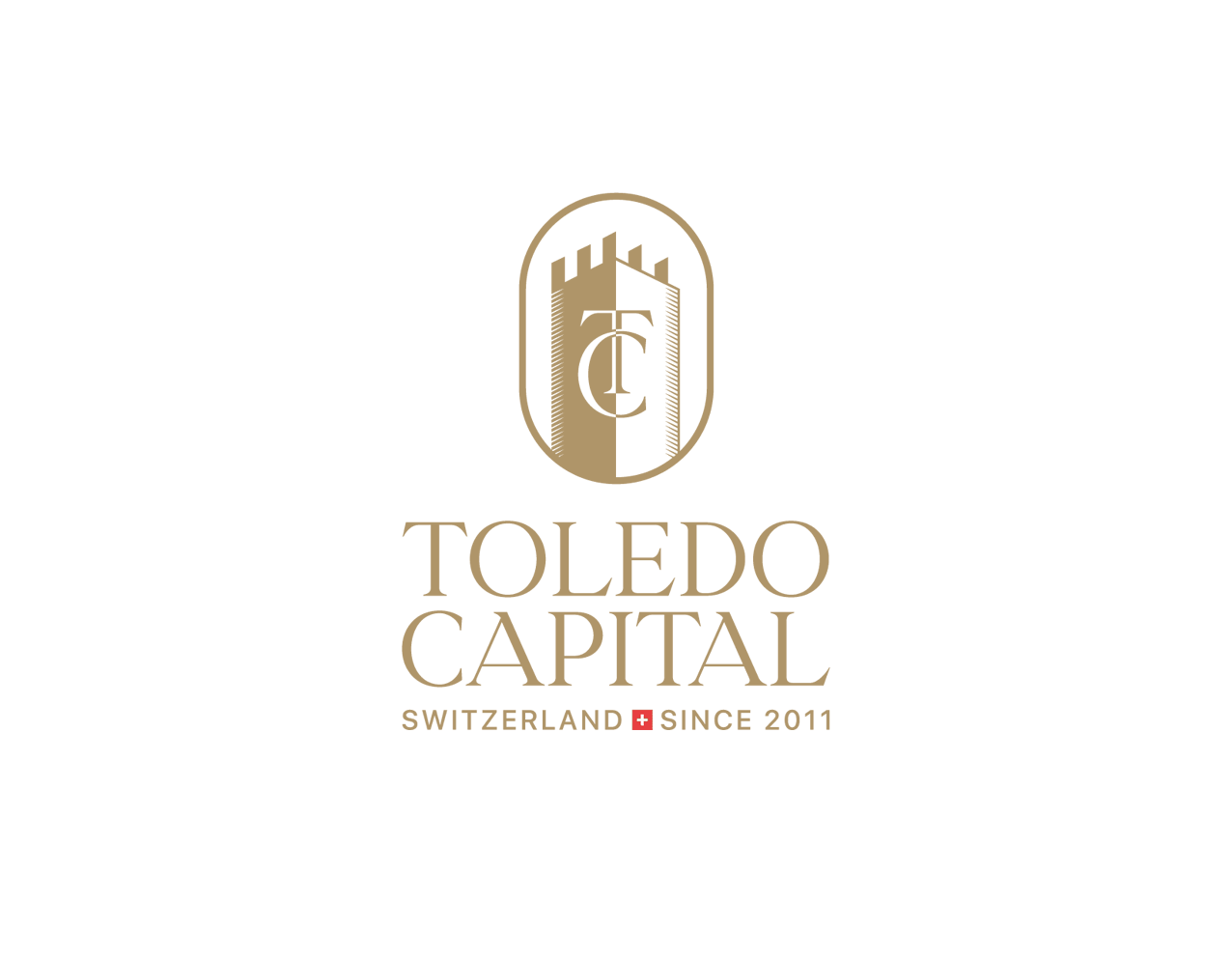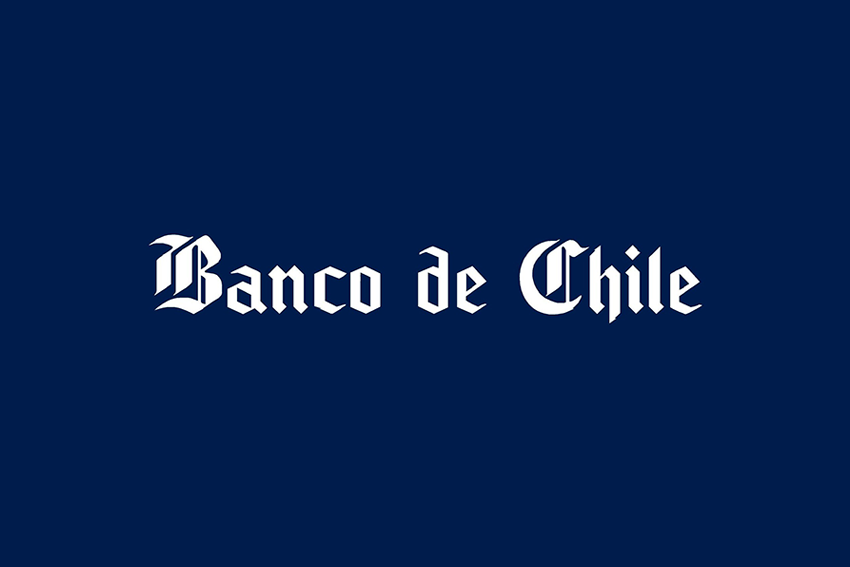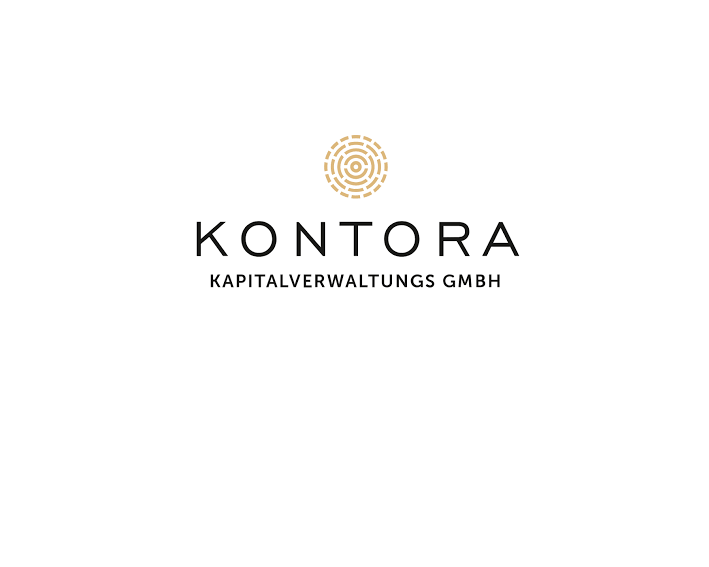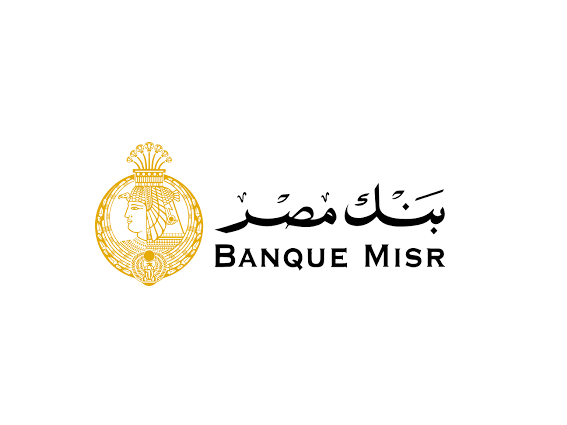Why Russia Really Invaded Ukraine

John E. Kaye
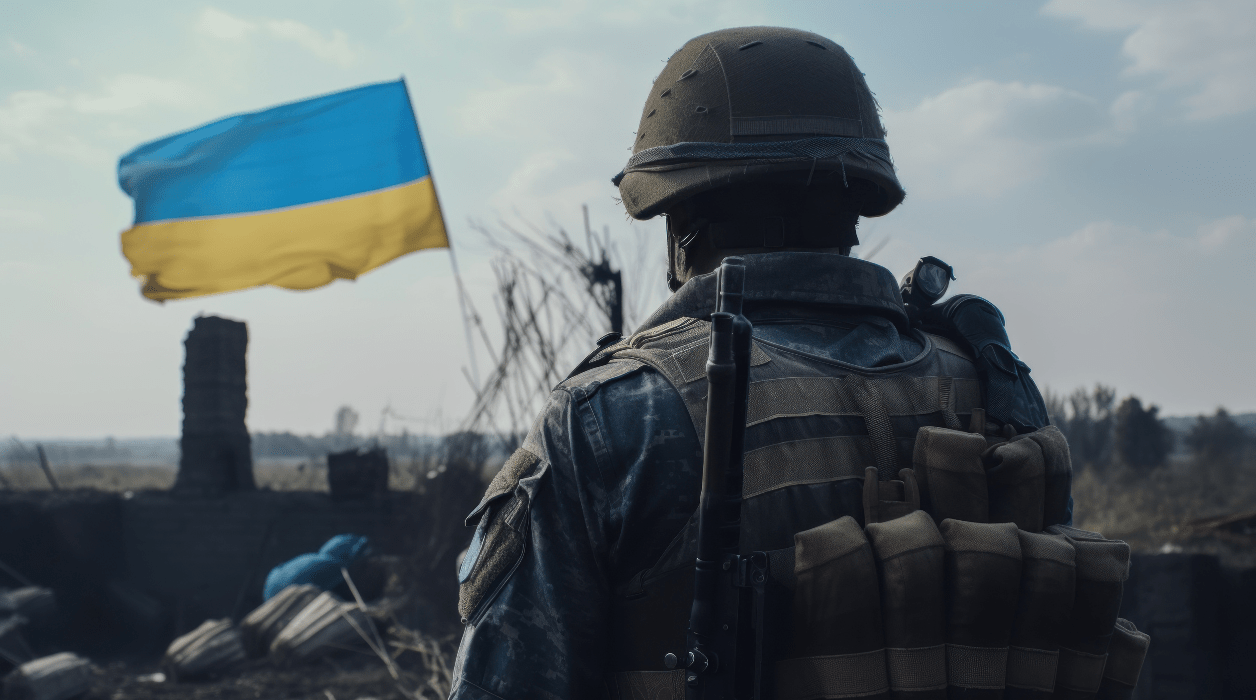
There are numerous accounts of why Russia invaded Ukraine in 2022 but here Russo-Ukrainian War expert Professor Jonathan Haslam exposes the TRUE roots of the Russo-Ukrainian War.
Governments share an alarming tendency to lock themselves into positions not entirely thought through when taken at speed, whether acting abroad or at home.
It may give immediate gratification when under pressure, but all too frequently this comes at the expense of long-term interests in need of prudence to protect and enhance them.
And dictatorships in urgent need of public underpinning when they are deeply unpopular behave no differently from democracies in this respect, even if at first sight they seem in no apparent need for undue haste.
The Russian Federation ruled by President Vladimir Putin effectively since 2000 has now definitely reached the category of dictatorship.
The decision to wage war by invading Ukraine, taken by him in February 2022, followed this pattern of ill-considered decision making, hasty even though it followed an entire year of sabre rattling and noisy military exercises conducted along the frontier.
His most senior retired generals were vociferous in their condemnation of a war waged by bungling amateurs, most of whom had no military training or experience.
This was echoed when Putin and his old friend, the military adventurer Yevgeny Progozhin, fell out not long before he died in an aeroplane crash.
The war, however, was the culmination of a sequence of events that began not in Russia, indeed not even in Ukraine, but across the Atlantic years ago.
Had the Americans never pressed for Ukraine’s entry into NATO, war need never have occurred.
Whatever others have claimed to explain the war, Jens Stoltenberg, Secretary-General of NATO, let the cat out of the bag when he stated Putin, “… wanted us to sign that promise, never to enlarge NATO. He wanted us to remove our military infrastructure in all Allies that have joined NATO since 1997, meaning half of NATO, all the Central and Eastern Europe, we should remove NATO from that part of our Alliance, introducing some kind of B, or second class membership. We rejected that. So he went to war to prevent NATO, more NATO, close to his borders.”
The roots of the problem go back a long way. In 1994, the Clinton administration, facing a problem it could not resolve without direct military intervention – the barbaric wars that created a blood bath in former Yugoslavia unleashed by premature German recognition of Croatian sovereignty – needed a publicity coup to secure re-election.
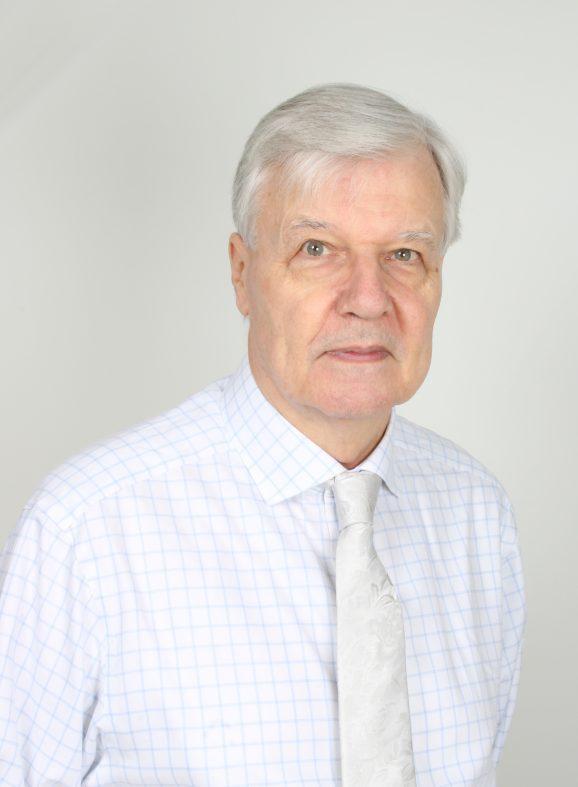
Guided by the new governments of Poland, the Czech Republic, and Hungary – which were fixed upon their incorporation into the Western defence system for the measure of security it could offer against Boris Yeltsin’s Russia, then in secular decline – Clinton embarked on NATO expansion.
Ukraine was at that time far down the list of potential members and had not even asked to be there.
The decision to expand NATO to include Central/Eastern Europe was also taken against firm advice from every leading Russian specialist in government and, when it became known, the most eminent outside, on both sides of the Atlantic; and include the governments of Western Europe, to the forefront Germany and France.
Ukraine itself was a particularly sensitive target, its fate undetermined while NATO expansion proceeded apace.
Not only was a significant part of its population Russian-speaking, its importance lay in its direct proximity to Russia after decades of close integration in the USSR after years of russification under Stalin.
Indeed, once known, the decision to include Ukraine formed a red line that Moscow would not allow NATO to cross without dire consequences. That position was highlighted to NATO leaders by Putin, then Prime Minister, at the Bucharest summit in 2008.
It was subsequently reiterated after the pro-Russian President of Ukraine was ousted after the culmination of violent demonstrations, encouraged from the West and never properly investigated, in February 2014.
The threat became frighteningly real when Putin responded unexpectedly boldly by speedily annexing Crimea and sending irregular forces into Ukraine’s eastern provinces in an attempt to detach Donetsk and Luhansk.
Unaccountably, the USA, now the predominant influence in Kyiv under the presidency of Barack Obama, thereupon refused to act decisively, let alone allow Ukraine to react.
The push-back against Russia from NATO, ultimately in the form of mild economic sanctions and covert military training of the Ukrainians, was, unfortuntately, enough to irritate the Russians without actually forcing their withdrawal; sufficient to annoy yet not to deter.
The Germans under Chancellor Angela Merkel even went ahead with the building of a second gas pipeline to Russia through the Baltic sea against the very best advice at home and abroad, because it promised to enhance the country’s dependence on the Russians for vital energy supplies and that of most of the EU as well.
Unwelcome attempts on the part of France and Germany to mediate came to nothing because the Ukrainians were not about to cede sovereignty and the Russians, given NATO disarray, had little incentive to back down.
The worst option chosen was to prod the bear without having any idea what to do when it reacted.
And the bear now finds itself in a fight it cannot win but one it also cannot afford to lose.
Neither side would have acted as they did, had they known of the consequences.
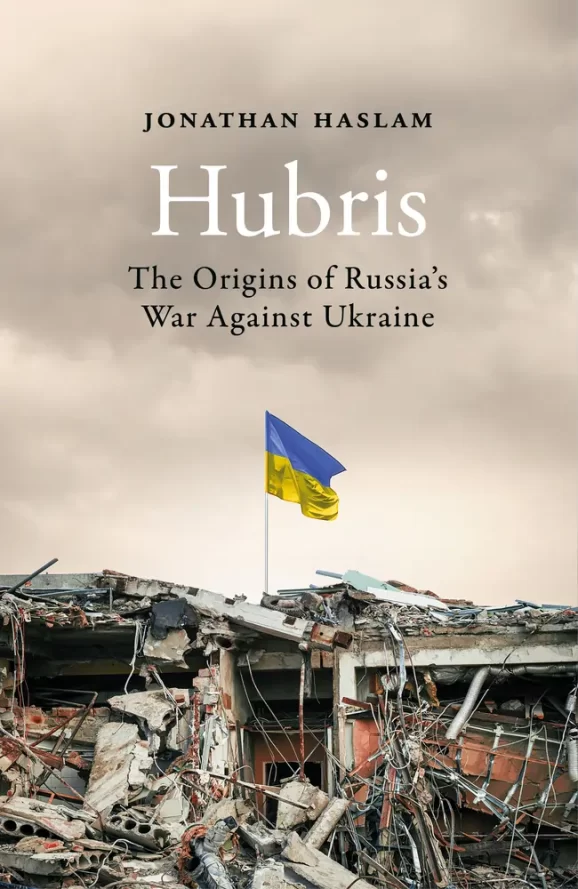
Having locked Russia into war and having failed to achieve victory in the first week, Putin then doubled up on his disastrous initial decision to war by formally incorporating the Ukrainian provinces of Donetsk and Luhansk into the Russian Federation to appease those grievously disappointed by the failing offensive.
Thus every step taken in Moscow since February 2022 has made it all the more difficult to settle for something Ukraine could reasonably agree to by way of compromise, such as contemplated in April of that year.
Unravelling what has been done, on and off the battlefield, may well be beyond the diplomatic skills of even the most ambitious arbiter.
Putin, like Charles Dickens’ Mr Micawber, doubtless hopes that something will turn up. But just how sure can he really be?
Hubris: The Origins of Russia’s War Against Ukraine by Jonathan Haslam (Head of Zeus) will be released in September 2024. To keep up to date with Jonathan Haslam, Professor Emeritus of the History of International Relations at the University of Cambridge, visit www.throughrussianeyes.com or follow him on Twitter at @HaslamJonathan.
Q&A Interview With Jonathan Haslam
Jonathan Haslam, Professor Emeritus of the History of International Relations at the University of Cambridge, is one of the UK’s most distinguished and respected experts on the former Soviet Union. We spoke with him about his forthcoming book, Hubris, to find out more about the far-reaching political mistakes and missteps that have led to the return of war to Europe.
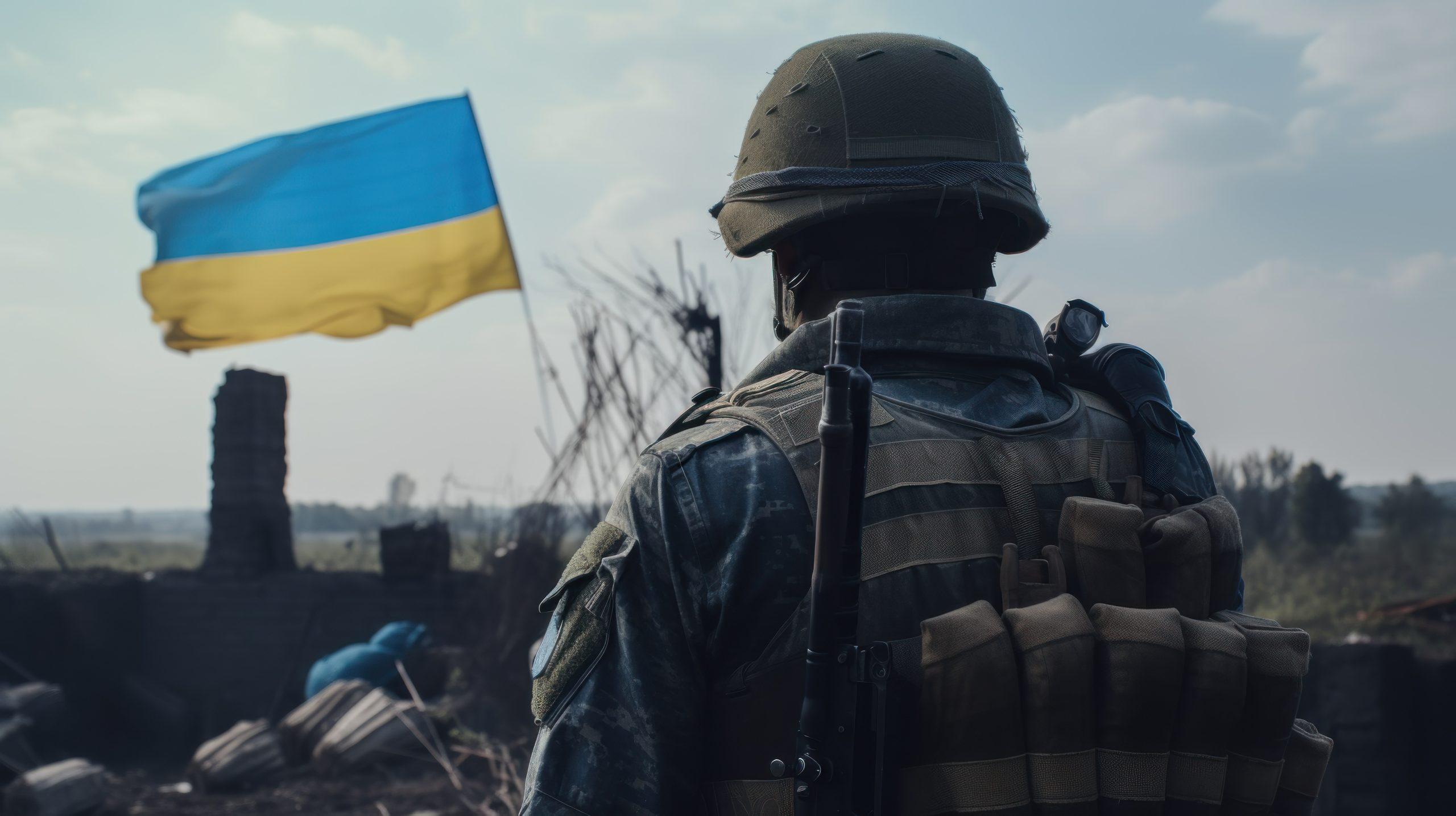
Q. Why is Ukraine so important to President Putin that he would go to war to conquer it?
A. Ukraine was an integral part of the former USSR. It was the second-most important republic, and a crucial part of the military-industrial complex. It provided one of the USSR’s most prominent post-war leaders in Nikita Khrushchev. It faces onto the Black Sea and Turkey, NATO’s south-eastern flank. So its future membership of an opposing alliance was bound to be a matter of fierce controversy and deep bitterness on the part of Moscow, and not just Putin.
Q. Do you see any likelihood of the Russo-Ukrainian War ending any time soon?
A. The war is at stalemate. Having suffered massive losses sustaining the position each now holds, both sides have committed themselves to the requirement that the other side back down. Ukraine is also heavily dependent on the United States and the EU for financial and military support, so negotiation cannot be purely unilateral.
Q. How much responsibility does the UK bear in the origins of the Russo-Ukrainian war?
A. In so far as the war is the result of Russian opposition to NATO expansion into Ukraine, the archival record shows that Britain’s position on this question was from the outset opposed, though not in public.
Q. Why have successive British governments not been better briefed on the threat posed by Putin’s Russia?
A. The Foreign Office has from longstanding practice consistently refused to engage with Russia specialists outside Whitehall, preferring advice, if offered, from those without direct familiarity with Russia.
Q. How could Putin come to hold such power that he could unilaterally decide on war even at such cost to his own nation’s economy and welfare?
A. The decision was not entirely unilateral. His closest advisers, notably Nikolai Patrushev, are also responsible. Putin came to power in a country humiliated by former subservience to the West under Yeltsin. He began clearing the decks of potential opposition from the time of his accession in 2000. This coincided with a commodity boom, from which Russia benefited disproportionately (oil and gas especially), which relieved the country of the massive Soviet foreign debt. It underpinned an expansion in guns and butter. And when Russia returned to the international arena, the West, having NATO enlargement under way, was inclined to concede to keep Putin happy (notably in Syria, but also tolerating the assassination of Russian “traitors” abroad.) This was true of Germany under Angela Merkel, who made the fateful decision to increase dependency on Russian oil and gas.
Q. Was there a particular time in the past three decades when action could have been taken to avoid the Russo-Ukrainian war?
A. Had the White House under President Clinton not embarked on the expansion of NATO and then sought to extend this to Ukraine, the war could have been averted. But that policy began back in 1994. At any point thereafter, at least until the Maidan crisis of 2014, the US could have backed away. Thereafter, it became increasingly difficult to do so once Putin seized Crimea and launched an insurrection in Eastern Ukraine.
Q. There are those who believe the current Ukraine conflict has many parallels with the rise of the Nazis in the run-up to the Second World War. How fair is this comparison?
A. No student of these affairs could take such a position seriously. It is a tricky stance to hold when the Ukrainian president is Jewish. There are, indeed, Ukrainian forces that look back with nostalgia to the time when the Nazis backed Ukrainian separatism. They played a crucial role in the uprising of February 2014 which resulted in the panicked resignation of President Yanukovich at a time when an armed minority could make an immediate impact amidst popular unrest. But there are also neo-fascists in Russia itself, and the Ukrainian element has been much exaggerated by the Russians purely for crude propaganda purposes.
Q. How would you compare Putin with other world leaders in terms of capability?
A. Until February 2022, he invariably appeared to be one step ahead of others. He played up to Prime Minister Tony Blair’s eagerness to be liked, he outwitted President Obama in 2014, he played Chancellor Merkel and, even more, her successor. As a hard-line realist he did not have any illusions, he was smarter and frequently better briefed than others. But he remained in power too long and he clearly developed Louis XIV’s complex: l’état c’est moi (‘I am the state’). His fear of democracy was visceral. This, and the echo chamber of advice he depended upon in isolation, goes some way to explain what went so badly wrong.
Q. How much research went into your new book, Hubris?
A. A very great deal, as it covers over 30 years. It meant immersion in primary sources, including, where possible, archives, memoirs, and news media, using various languages – French, German, Italian and Russian – plus interviews with a range of senior officials. But in my line of work, it is never enough.
Q. What prompted you to write Hubris and what do you hope your readers gain from it?
A. Publisher Head of Zeus wanted the book because they wanted to know what had gone wrong as the end of the Cold War promised so much for us all. Does anyone now still remember the ‘peace dividend’? The promise has not only fallen short but we face an alarming future.
RECENT ARTICLES
-
 Afore SURA awarded Pension Fund Management Company of the Year 2025
Afore SURA awarded Pension Fund Management Company of the Year 2025 -
 BOV Fund Services Limited wins in The European Banking & Finance Awards 2024
BOV Fund Services Limited wins in The European Banking & Finance Awards 2024 -
 Amberdata wins two titles in The European Banking & Finance Awards 2024
Amberdata wins two titles in The European Banking & Finance Awards 2024 -
 Ajman Bank wins in The European Banking & Finance Awards 2024
Ajman Bank wins in The European Banking & Finance Awards 2024 -
 Creditú wins three titles at The European Banking & Finance Awards 2024
Creditú wins three titles at The European Banking & Finance Awards 2024 -
 Krungthai Bank PCL wins five awards in The European Banking & Finance Awards 2024
Krungthai Bank PCL wins five awards in The European Banking & Finance Awards 2024 -
 Oakridge Property Group wins at The European Global Business Awards 2024
Oakridge Property Group wins at The European Global Business Awards 2024 -
 Old Mutual Investment Group wins two titles at The European Global Banking & Finance Awards 2024
Old Mutual Investment Group wins two titles at The European Global Banking & Finance Awards 2024 -
 AXA IM Select wins at The European Global Banking & Finance Awards 2024
AXA IM Select wins at The European Global Banking & Finance Awards 2024 -
 Zenith Bank Ghana wins five titles at The European Banking & Finance Awards 2024
Zenith Bank Ghana wins five titles at The European Banking & Finance Awards 2024 -
 SeABank awarded The Risk Management Bank of the Year - Vietnam 2024
SeABank awarded The Risk Management Bank of the Year - Vietnam 2024 -
 Vista Land & Lifescapes Inc. wins three titles at The European Global Business Awards 2024
Vista Land & Lifescapes Inc. wins three titles at The European Global Business Awards 2024 -
 Boursa Kuwait wins two titles at The European Global Sustainability & ESG Awards 2024
Boursa Kuwait wins two titles at The European Global Sustainability & ESG Awards 2024 -
 Gulf African Bank wins four titles at The European Banking & Finance Awards 2024
Gulf African Bank wins four titles at The European Banking & Finance Awards 2024 -
 Gulf Insurance Group awarded two Global Banking & Finance titles for 2024
Gulf Insurance Group awarded two Global Banking & Finance titles for 2024 -
 Eccelsa Aviation awarded three Global Business 2024 titles, including Best FBO Brand – Europe
Eccelsa Aviation awarded three Global Business 2024 titles, including Best FBO Brand – Europe -
 Afore Sura awarded Pension Fund Management Company of the Year 2024
Afore Sura awarded Pension Fund Management Company of the Year 2024 -
 Toledo Capital AG wins Best Boutique Wealth Management - Family Office 2024
Toledo Capital AG wins Best Boutique Wealth Management - Family Office 2024 -
 Banco de Chile awarded four Global Banking & Finance 2024 titles, including Bank of the Year - Chile
Banco de Chile awarded four Global Banking & Finance 2024 titles, including Bank of the Year - Chile -
 Kontora Family Office GmbH awarded Best Wealth Management Services - Germany 2024
Kontora Family Office GmbH awarded Best Wealth Management Services - Germany 2024 -
 Banque Misr awarded five Global Banking & Finance 2024 titles, including Best Banking Brand - MENA
Banque Misr awarded five Global Banking & Finance 2024 titles, including Best Banking Brand - MENA -
 Krungthai Bank PLC wins five awards in The European Banking & Finance Awards 2023
Krungthai Bank PLC wins five awards in The European Banking & Finance Awards 2023

